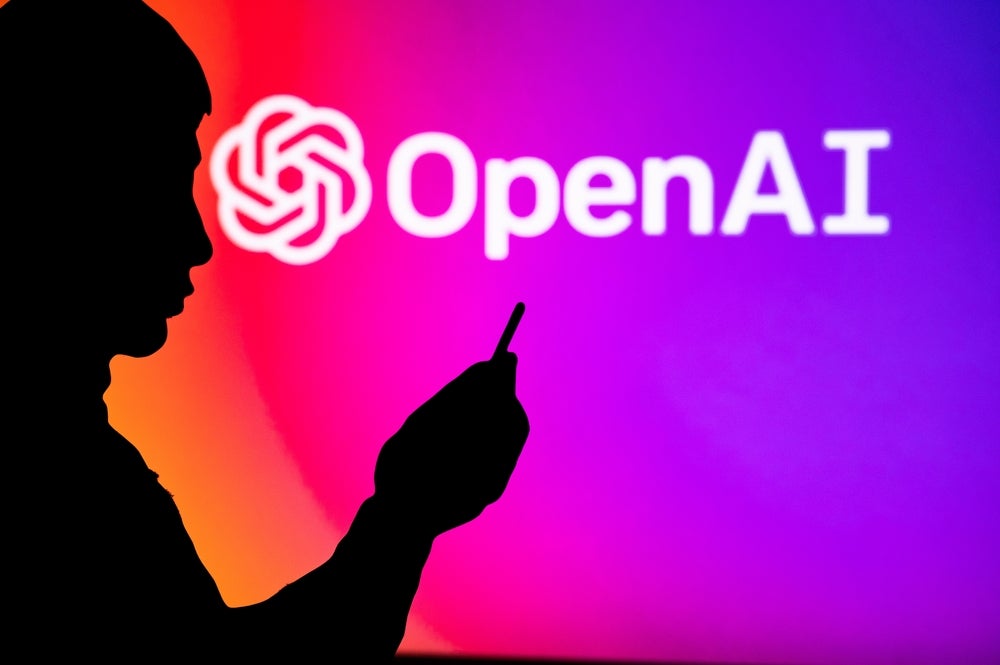
OpenAI has been served with another lawsuit regarding the copyrighted work of US comedian Sarah Silverman and authors Richard Kadrey and Christopher Golden, reports Reuters.
This comes just weeks after the company was sued by authors Mona Awad and Paul Tremblay on the 29th of June.

Access deeper industry intelligence
Experience unmatched clarity with a single platform that combines unique data, AI, and human expertise.
Both lawsuits allege that OpenAI mined copyrighted works for data to train its large language model (LLM) without the knowledge or consent of the authors involved.
In Awad and Tremblay’s case, ChatGPT responses to prompts about the details of their novels were cited as exhibits showing intricate knowledge of the works, which they argue would not be possible unless their novels were used in the deep learning process.
Senior analyst at GlobalData, Beatriz Valle said that the lawsuits against OpenAI “demonstrate the urgent need for regulatory oversight surrounding the use of LLMs” as well as highlighting the legal vulnerability that AI companies take on when using massive quantities of data to train their LLMs.
Valle explains that “striking a balance” between respecting the copyright of authors and encouraging advancement of generative AI will be “difficult, but not impossible”.

US Tariffs are shifting - will you react or anticipate?
Don’t let policy changes catch you off guard. Stay proactive with real-time data and expert analysis.
By GlobalDataThese lawsuits come just after Japan’s impending AI regulations were criticised for not covering the copyrights of artists whose works are used to train AI.
“Under the European parliament’s proposals,” clarifies Valle, “developers of generative AI models like ChatGPT would have to disclose content that was generated by AI and publish summaries of copyrighted data used for training purposes.”
But even these measures, warns Valle, are finding resistance.
Noting that Google recently updated its privacy policy allowing it to use “any public information available to train its AI products and services”, Valle concludes that OpenAI’s lawsuits may not be alone.







